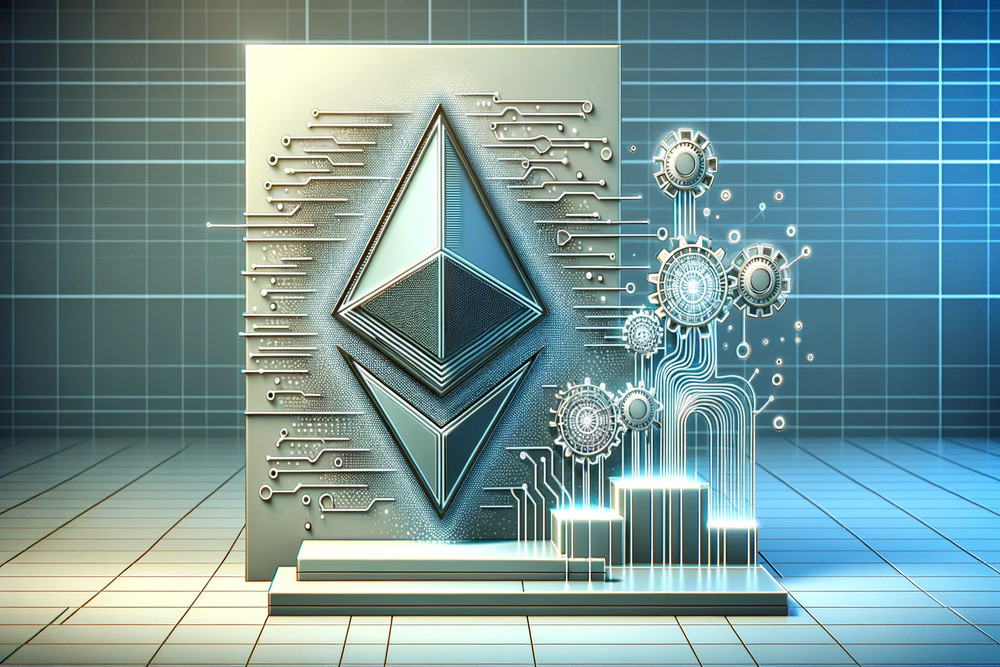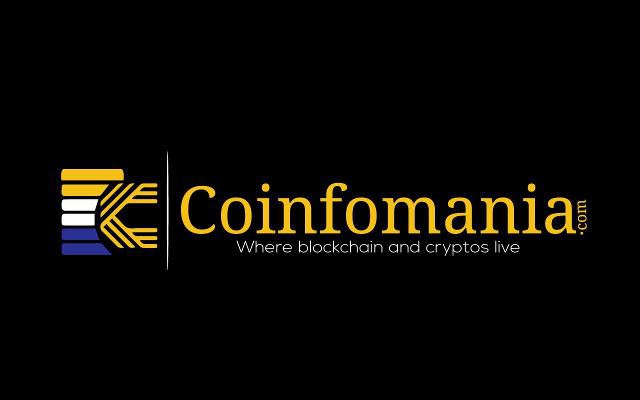EIP-7732 Redefines Ethereum’s Block Validation Dynamics, Headed for Speed Boost
0
0

Ethereum, the world’s second-largest cryptocurrency by market cap, is getting ready for a big change with the introduction of EIP-7732 — a proposal that aims to change the block validation process dynamically. This new Ethereum Improvement Proposal (EIP) plans to improve the network’s efficiency and security by introducing the Enshrined Proposer-Builder Separation (EPBS), which splits block creation into the consensus proposer and the execution proposer (builder).
EIP-7732 is designed to separate the roles of block proposers and block builders, a move that could make operations smoother and improve performance. Currently, Ethereum validators handle both tasks, which can slow down the network. By splitting these roles, EIP-7732 allows validators to focus on consensus validation while builders handle the execution validation. This separation is expected to improve the overall speed and security of the Ethereum network.
How Does It Work?
Under the new system, the consensus proposer chooses an execution proposer, who then commits to creating a valid block. This block includes important details like payments or block hashes. To ensure timely submission, a team of validators known as the Payload Timeliness Committee (PTC) monitors the execution proposer’s adherence to their commitment.
This change guarantees efficiency and introduces a trust-free system for payment and block validation, eliminating the need for middleware and ensuring transparency and reliability.
Notwithstanding, while this change could significantly improve Ethereum’s security and fairness, it would require an upgrade across the whole network, so the Ethereum community needs to consider it carefully.
EIP 7732 introduces several technical changes, including a new approach to handling withdrawals from Ethereum’s beacon chain. Similarly, while this could make things more efficient, it might also lead to temporary gaps in the blockchain as withdrawals catch up.
Vitalik Buterin Emphasizes What Matters Most
The introduction of EIP-7732 is a response to the increasing demand for faster and more efficient blockchain operations. Ethereum co-founder Vitalik Buterin has been vocal about the need for quicker transaction confirmation times. “One of the important properties of a good blockchain user experience is fast transaction confirmation times,” Buterin noted.
Historically, Ethereum has lagged behind other blockchains in terms of speed. Although transaction times have improved to between 5-20 seconds following the Merge, other chains like Solana and Binance Smart Chain still outperform Ethereum in this regard. EIP-7732 aims to close this gap by reducing the computational load on validators and increasing network efficiency.
The rollout of EIP-7732 is expected to have significant implications for the Ethereum market. Improved transaction speeds are critical as the market anticipates the launch of Ethereum spot exchange-traded funds (ETFs). The SEC has approved eight companies to file for Ethereum ETFs, but the approval process is ongoing and not yet complete.
The introduction of EPBS could be seen as a crucial step in maintaining Ethereum’s position as a leading blockchain platform.
The post EIP-7732 Redefines Ethereum’s Block Validation Dynamics, Headed for Speed Boost appeared first on Coinfomania.
0
0







